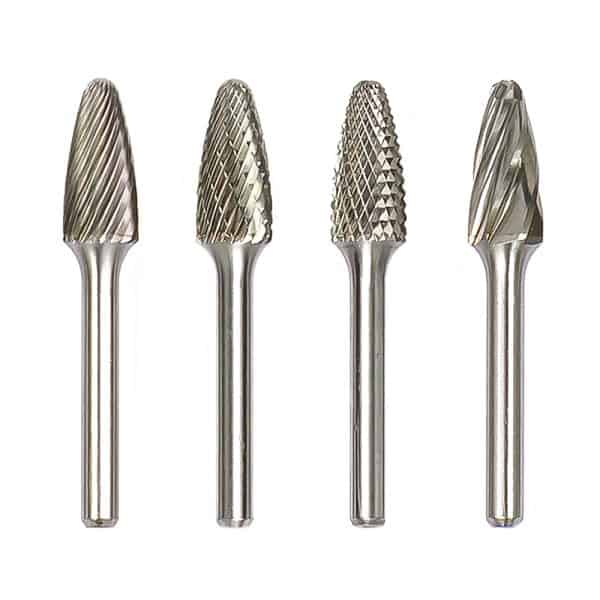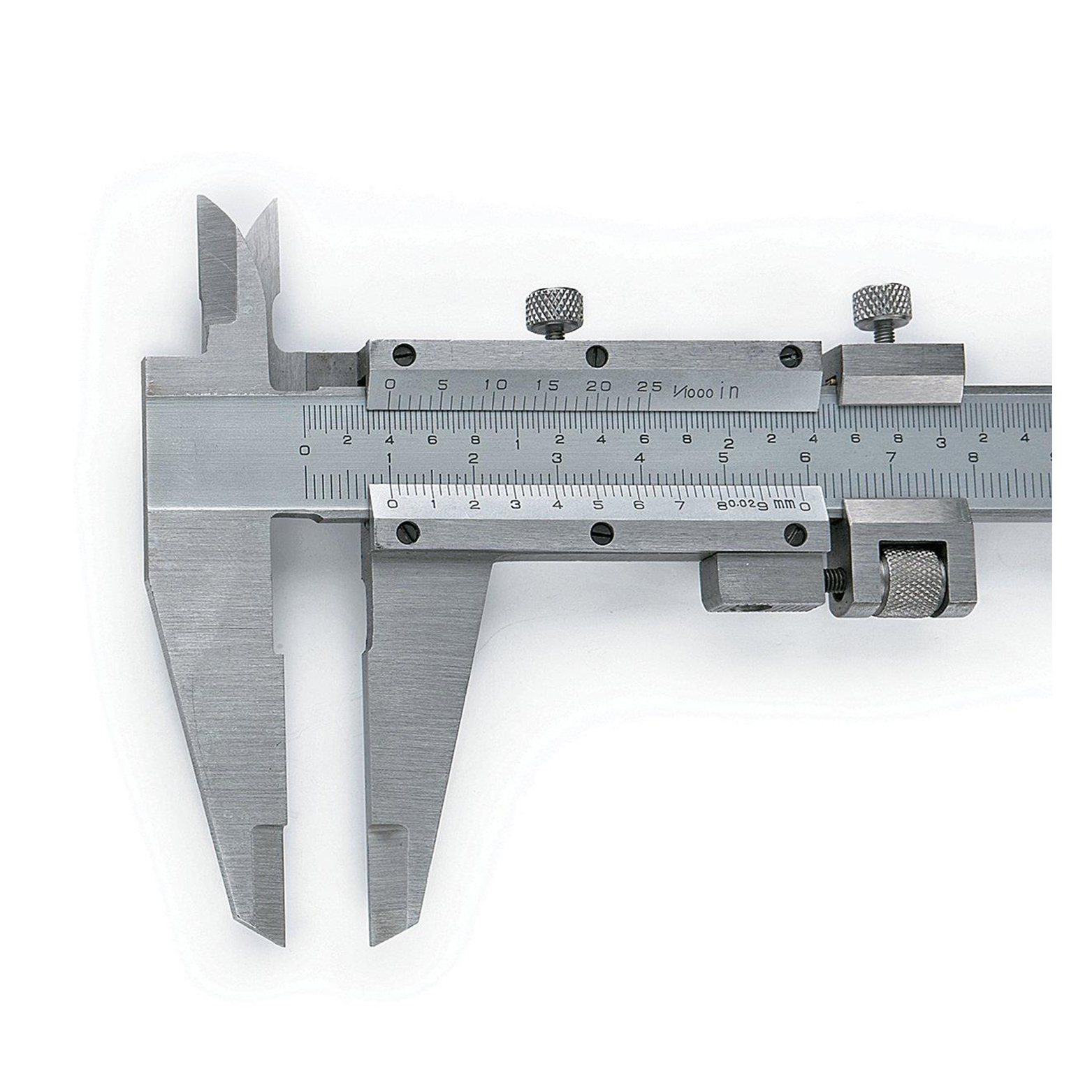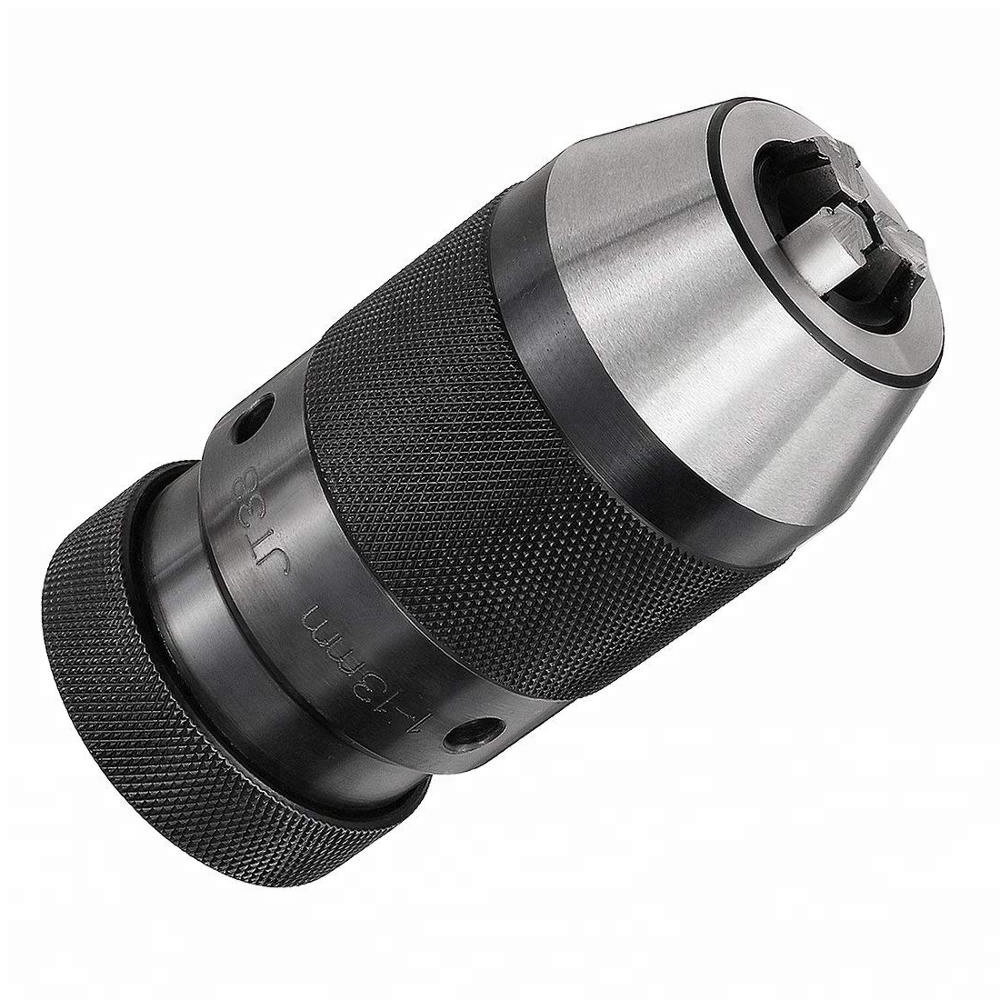Keyway Broach
A keyway broach is a specialized cutting tool used to create keyways, the slots or grooves in a bore or hub that accommodate keys. Keys are essential components used to transmit torque between a shaft and a connected part, like a gear or pulley. This guide explores the types, applications, selection criteria, and maintenance of keyway broaches.Understanding Keyway BroachesWhat is a Keyway?A keyway is a slot or groove machined into the bore of a hub or the outer diameter of a shaft. It's designed to accept a key, a metal fastener that prevents rotational movement between the two parts. The key transmits torque while allowing for axial movement in some applications.The Role of Keyway BroachesKeyway broaches are precision tools specifically designed to cut these keyways. They offer a clean, accurate, and efficient method for creating internal keyways. Other methods exist, such as milling or wire EDM, but broaching is often preferred for its speed and precision, especially in high-volume production.Types of Keyway BroachesKeyway broaches come in various designs, each suited to specific applications and machine types. Here's an overview of the common types:Solid Keyway BroachesSolid keyway broaches are one-piece tools, offering high rigidity and accuracy. They are suitable for general-purpose keyway cutting in a variety of materials.Shell Keyway BroachesShell keyway broaches consist of a broach body (shell) and interchangeable cutting inserts. This design allows for easy replacement of worn or damaged cutting edges, reducing overall tooling costs. Shell broaches are often used for larger keyway sizes.Progressive Keyway BroachesProgressive keyway broaches gradually remove material with each pass, resulting in a smoother finish and reduced cutting forces. They are ideal for cutting keyways in harder materials or when tighter tolerances are required.Keyway Broach SetsKeyway broach sets typically include a range of broaches, shims, and guide bushings to accommodate different keyway sizes. These sets provide a convenient and cost-effective solution for shops that handle a variety of keyway requirements. Wayleading Tools offers a comprehensive selection of keyway broach sets to meet diverse needs.Applications of Keyway BroachesKeyway broaches are essential tools in various industries where rotating machinery is used. Some common applications include: Gear Manufacturing: Creating keyways in gears for secure attachment to shafts. Pulley Production: Machining keyways in pulleys for transmitting power from a motor to a driven component. Shaft Manufacturing: Cutting keyways directly into shafts for connecting various mechanical elements. Automotive Industry: Used in the production of transmission components, engine parts, and other rotating assemblies. Aerospace Industry: Keyways are crucial in aerospace applications where reliable torque transmission is vital.Selecting the Right Keyway BroachChoosing the appropriate keyway broach is crucial for achieving accurate and efficient keyway cutting. Consider the following factors:Keyway SizeThe most important factor is the desired keyway width and depth. Ensure the broach matches the required dimensions specified in your design drawings or industry standards.Material TypeThe material of the workpiece significantly impacts broach selection. Harder materials require broaches with higher wear resistance and potentially a progressive cutting action. Softer materials may be suitable for solid broaches.Broaching Machine TypeDifferent broaching machines require specific broach shanks and mounting methods. Confirm compatibility with your existing equipment. Common broaching machine types include vertical broaching machines and horizontal broaching machines.Tolerance RequirementsTighter tolerances necessitate higher-quality broaches and more precise broaching machines. Consider using progressive broaches or investing in premium broaches for critical applications.Production VolumeFor high-volume production, consider shell broaches for reduced tooling costs and faster changeovers. Solid broaches are often suitable for lower production volumes.Keyway Broach Materials and CoatingsThe material and coating of a keyway broach significantly affect its performance and lifespan.High-Speed Steel (HSS)HSS is a common material for keyway broaches due to its good balance of toughness, wear resistance, and cost-effectiveness. It's suitable for general-purpose applications.Powder Metallurgy High-Speed Steel (PM-HSS)PM-HSS offers improved wear resistance and toughness compared to conventional HSS. It's ideal for cutting harder materials and achieving longer tool life.CarbideCarbide keyway broaches provide exceptional wear resistance and are suitable for machining abrasive materials or high-strength alloys. However, they are more brittle than HSS and require careful handling.CoatingsCoatings such as titanium nitride (TiN), titanium carbonitride (TiCN), and aluminum titanium nitride (AlTiN) enhance the surface hardness, reduce friction, and improve wear resistance of keyway broaches.Maintaining Your Keyway BroachesProper maintenance is essential for maximizing the lifespan and performance of your keyway broaches.CleaningRegularly clean keyway broaches to remove chips, coolant residue, and other contaminants. Use a brush or compressed air to clean the cutting teeth.SharpeningSharpen keyway broaches when they become dull or exhibit signs of wear. Use a specialized broach sharpening machine or consult a qualified tool sharpening service. Wayleading Tools can provide recommendations for broach sharpening services.StorageStore keyway broaches in a dry, protected environment to prevent corrosion and damage. Use individual containers or racks to prevent contact between broaches.LubricationUse appropriate cutting fluids to reduce friction, dissipate heat, and improve chip removal during broaching operations. Follow the manufacturer's recommendations for the type and concentration of cutting fluid.Troubleshooting Common Keyway Broaching ProblemsEven with proper selection and maintenance, issues can arise during keyway broaching. Here are some common problems and potential solutions:Oversized Keyway Check broach dimensions for accuracy. Verify the broaching machine is properly calibrated. Ensure the correct guide bushings are being used.Rough Surface Finish Sharpen or replace the keyway broach. Reduce cutting speed. Increase the concentration of cutting fluid.Premature Broach Wear Select a broach made from a more wear-resistant material. Apply a protective coating to the broach. Ensure proper lubrication and chip evacuation.Broken Broach Reduce cutting force. Check the workpiece material for hardness variations. Ensure the broaching machine is properly aligned.Cost Considerations for Keyway BroachesThe cost of keyway broaches can vary widely depending on the type, size, material, and coating. Solid broaches are typically less expensive than shell or progressive broaches. High-performance materials like PM-HSS and carbide will also increase the cost. When evaluating cost, it's important to consider the total cost of ownership, including factors like tool life, sharpening costs, and downtime.Future Trends in Keyway BroachingThe field of keyway broaches is continuously evolving with advancements in materials, coatings, and manufacturing techniques. Some emerging trends include: Increased use of PM-HSS and carbide broaches: For improved performance and longer tool life in demanding applications. Development of advanced coatings: To further enhance wear resistance and reduce friction. Integration of smart technologies: Such as sensors and data analytics, to monitor broach condition and optimize cutting parameters. Customized broach designs: To meet the specific needs of niche applications.ConclusionKeyway broaches are indispensable tools for creating accurate and reliable keyways in a wide range of applications. By understanding the different types of broaches, selecting the right tool for the job, and implementing proper maintenance practices, you can maximize the efficiency and quality of your keyway cutting operations. Remember to consider factors like keyway size, material type, machine compatibility, and tolerance requirements when making your selection. With the right keyway broach and proper technique, you can ensure secure and efficient torque transmission in your rotating machinery. Wayleading Tools is your reliable partner for high-quality keyway broaches and expert technical support. Broach Type Material Application Advantages Disadvantages Solid HSS General Purpose Rigid, Accurate One-piece construction Shell HSS/Carbide Large Keyways Replaceable inserts More complex design Progressive HSS/PM-HSS Hard Materials Smooth Finish Slower Cutting Disclaimer: The information provided in this article is for general informational purposes only and does not constitute professional advice. Always consult with qualified experts for specific applications.
Related products
Related products
Best selling products
Best selling products-
 Precision IP54 Digital Outside Micrometer Of Inch & Metric With Data Output
Precision IP54 Digital Outside Micrometer Of Inch & Metric With Data Output -
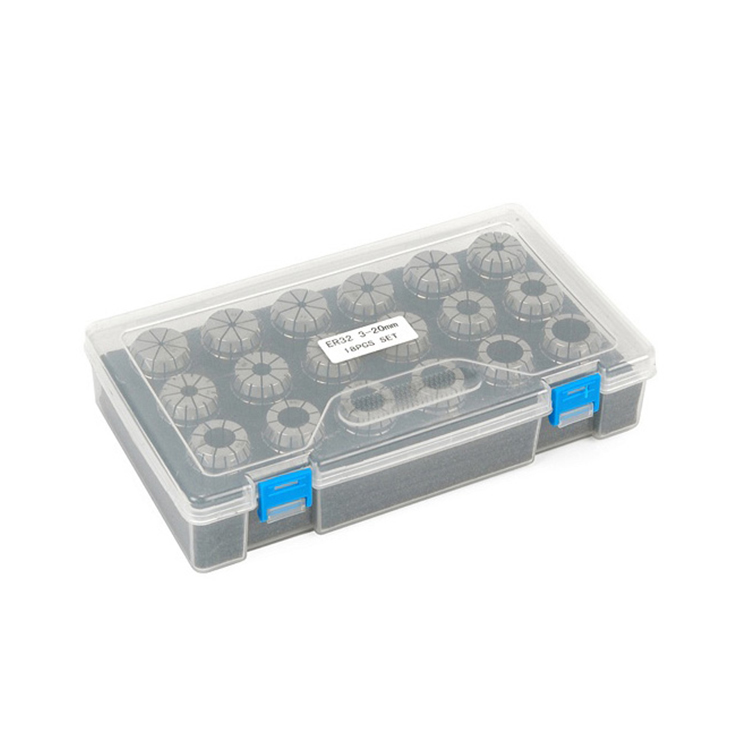 ER Collet Set With Hight Precision Milling
ER Collet Set With Hight Precision Milling -
 SCFC Indexable Boring Bar
SCFC Indexable Boring Bar -
 HSS Inch 4 Flute End Mills With Bright Or TiN And TiAlN Coated
HSS Inch 4 Flute End Mills With Bright Or TiN And TiAlN Coated -
 HSS Threading Taps – ISO 529, Straight Flute, Spiral Flute & Spiral Point
HSS Threading Taps – ISO 529, Straight Flute, Spiral Flute & Spiral Point -
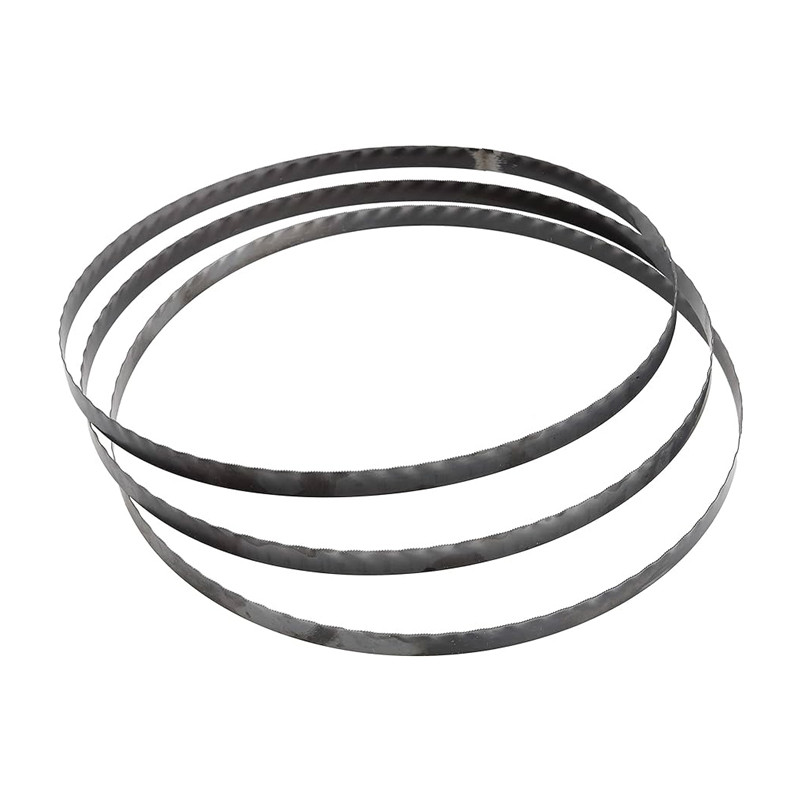 M42 Bi-Metal Bandsaw Blades For Industrial Type
M42 Bi-Metal Bandsaw Blades For Industrial Type -
 Boring Head Shank For Boring Head With Industrial Type
Boring Head Shank For Boring Head With Industrial Type -
 Precision V Block Set With High Quality Type
Precision V Block Set With High Quality Type -
 Precision Magnetic Base With Fine Adjustment For Dial Indicator
Precision Magnetic Base With Fine Adjustment For Dial Indicator -
 Inch ER Collets With Hight Precision Milling
Inch ER Collets With Hight Precision Milling -
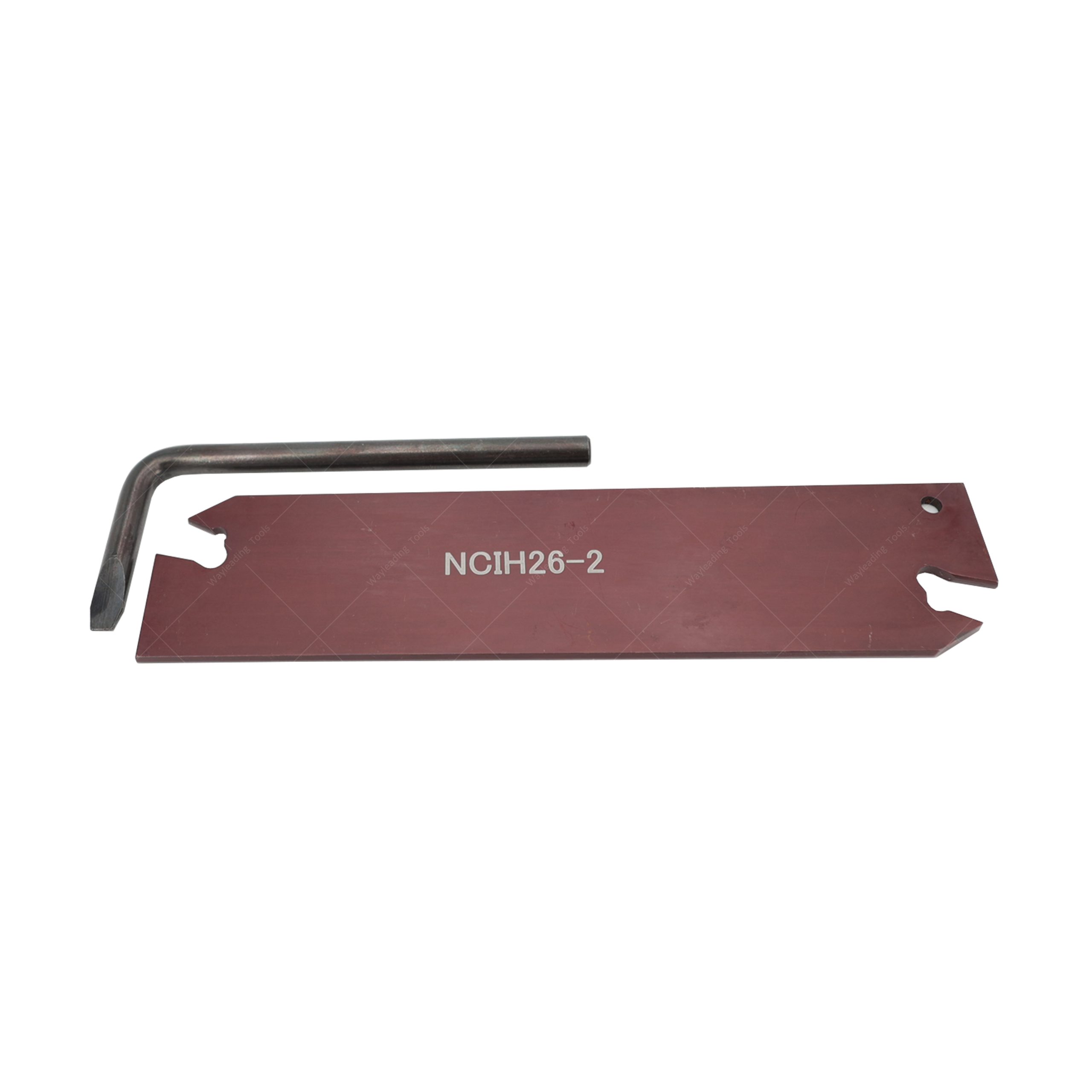 Parting & Grooving Tool Blades For GTN Blades
Parting & Grooving Tool Blades For GTN Blades -
 HSS Inch Convex Milling Cutter For Industrial
HSS Inch Convex Milling Cutter For Industrial

